Shemitic Idioms and Genesis Chapter Three, Revisited
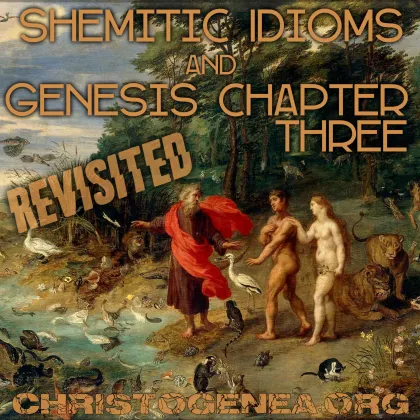
The essay which I am going to present this evening is an update of a paper which I first wrote some time in 2006 or 2007. At first, Clifton Emahiser had published it in December of 2007, in his Watchman's Teaching Letter #116, and although I never hesitated to send copies of my essays, translations, or other writings to him as soon as I had completed them, sometimes he needed awhile to verify them and get around to publishing them, if he was going to publish them at all. Later, this paper was presented here in a podcast on Saturday, January 7th, 2012, and I probably elaborated somewhat doing that. But I never updated the text to the original paper, and I did not keep a copy of any notes or other statements I may have added. Since the original text is nearly 5,400 words, and since that podcast was only an hour and twelve minutes, I probably did not add very much.
Doing this, I also want to speak somewhat about development, and by that, I mean the development of one’s Biblical understanding, and the worldview which may result from that understanding. Each of us may think that we know something about a subject, because we heard some teacher or read some article and maybe even did a little studying on our own which seemed agreeable, so we adopt what we learned and we incorporate it into our belief system, and our worldview. But when contradictory facts arise, we must be willing to examine them, and face a decision. It might be easier to continue in something which is not true, living with a more comfortable lie. But if we return to the subject and study more, then perhaps we can sort out what is the truth, and as the apostles themselves had explained in reference to the men of Berea, that is the more noble Christian approach to the Scriptures. Doing this, we must even be willing to challenge our teachers, if we have facts contrary to anything they may have taught.

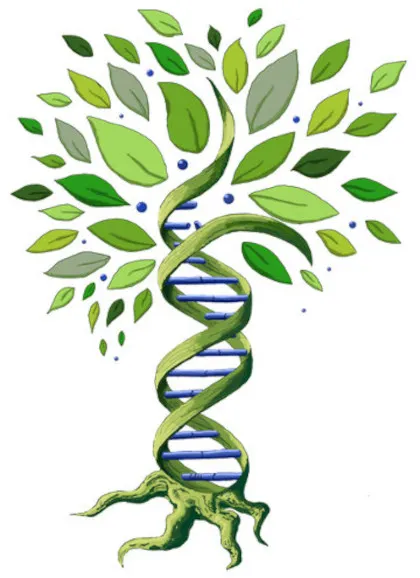
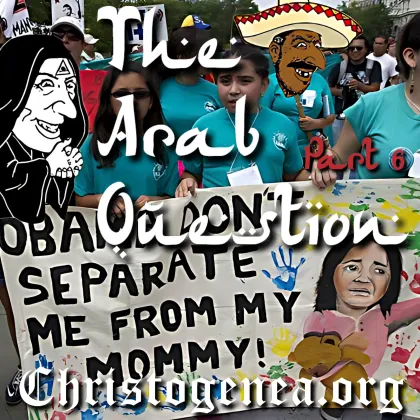

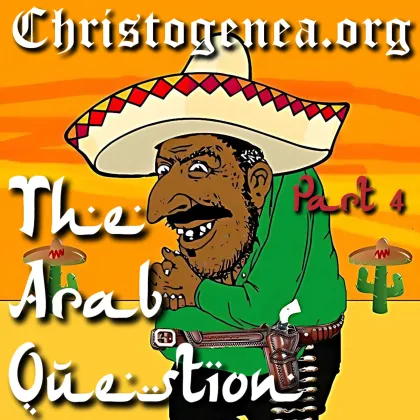

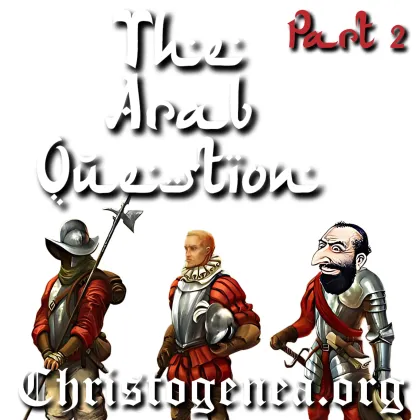







 Please click here for our mailing list sign-up page.
Please click here for our mailing list sign-up page.







